The Art of Effective Communication:
Key Skills for Success
In both personal and professional settings, effective communication is a cornerstone of success. The ability to convey ideas clearly, listen actively, and engage in meaningful dialogue can enhance relationships, prevent misunderstandings, and drive productivity. In this blog post, we’ll explore the essential skills required for effective communication and how mastering them can lead to greater success in all areas of life.
1. Active Listening
Effective communication begins with active listening. This involves fully focusing on the speaker, understanding their message, and responding thoughtfully. Active listening requires more than just hearing words; it demands attention to tone, body language, and underlying emotions. To practice active listening:
- Maintain Eye Contact: Show that you are engaged and interested in the conversation.
- Avoid Interrupting: Let the speaker finish their thoughts before responding.
- Ask Clarifying Questions: Ensure you understand the message by asking questions when needed.
- Reflect and Summarize: Repeat back key points to confirm your understanding.
Active listening builds trust and respect, fostering a collaborative environment where ideas can be shared openly.
2. Clear and Concise Expression
Being able to articulate your thoughts clearly and concisely is crucial in effective communication. Whether you’re speaking or writing, aim to convey your message in a straightforward and understandable manner. To enhance clarity:
- Organize Your Thoughts: Plan what you want to say before you start speaking or writing.
- Use Simple Language: Avoid jargon or overly complex terms that might confuse your audience.
- Be Direct: Get to the point quickly, without unnecessary filler words.
- Tailor Your Message: Adjust your communication style based on your audience, considering their knowledge and interests.
Clear and concise expression minimizes the risk of miscommunication and ensures that your message is received as intended.
3. Nonverbal Communication
Nonverbal cues, such as body language, facial expressions, and tone of voice, play a significant role in communication. These cues can reinforce or contradict what is being said verbally. To use nonverbal communication effectively:
- Maintain Open Body Language: Use gestures, posture, and eye contact to convey openness and confidence.
- Be Mindful of Facial Expressions: Ensure your facial expressions match the tone of your message.
- Pay Attention to Tone: Your voice should reflect the emotions and importance of the message you’re delivering.
Understanding and managing nonverbal communication helps in conveying sincerity and emotion, making your message more impactful.
4. Empathy and Emotional Intelligence
Empathy and emotional intelligence are vital components of effective communication. Empathy involves understanding and sharing the feelings of others, while emotional intelligence is the ability to recognize, understand, and manage your own emotions and those of others. To cultivate empathy and emotional intelligence:
- Practice Active Listening: Show genuine interest in others’ perspectives.
- Acknowledge Emotions: Recognize and validate the emotions of others during conversations.
- Respond Appropriately: Tailor your responses to be sensitive to the emotional context of the conversation.
- Manage Your Emotions: Stay calm and composed, especially in challenging situations.
By demonstrating empathy and emotional intelligence, you can build stronger connections and create a supportive communication environment.
5. Constructive Feedback
Providing and receiving feedback is a critical aspect of effective communication. Constructive feedback helps individuals and teams grow by highlighting strengths and identifying areas for improvement. To give constructive feedback:
- Be Specific: Focus on specific behaviors or actions, rather than making general statements.
- Be Timely: Provide feedback as close to the event as possible to ensure relevance.
- Balance Positive and Negative Feedback: Highlight what was done well along with areas that need improvement.
- Encourage Dialogue: Allow the recipient to respond and discuss the feedback.
Constructive feedback fosters continuous improvement and promotes a culture of open communication.
6. Adaptability and Flexibility
Effective communication requires adaptability and flexibility, as different situations may call for different approaches. Being able to adjust your communication style based on the context, audience, and medium is essential. To be adaptable:
- Know Your Audience: Understand the needs, expectations, and preferences of your audience.
- Choose the Right Medium: Decide whether to communicate in person, via email, or through another channel based on the situation.
- Be Open to Feedback: Be willing to modify your communication approach based on feedback and outcomes.
Adaptability ensures that your message is received effectively, regardless of the circumstances.
7. Conflict Resolution
Conflict is inevitable in any setting, but effective communication can help resolve disputes in a constructive manner. To handle conflicts effectively:
- Stay Calm: Approach the situation with a calm and open mindset.
- Listen to All Sides: Give everyone involved a chance to express their views.
- Focus on Solutions: Work collaboratively to find a resolution that satisfies all parties.
- Avoid Blame: Focus on the issue at hand rather than placing blame on individuals.
Effective conflict resolution through communication strengthens relationships and promotes a positive, collaborative environment.
Conclusion
Mastering effective communication skills is essential for personal and professional success. By focusing on active listening, clear expression, nonverbal communication, empathy, constructive feedback, adaptability, and conflict resolution, you can enhance your ability to connect with others, prevent misunderstandings, and achieve your goals. Communication is more than just exchanging information; it’s about building relationships and fostering mutual understanding. With these skills, you’ll be well-equipped to navigate any conversation with confidence and clarity.
Contact us to learn more about corporate training opportunities: (416) 489- 8946 / [email protected]


No responses yet